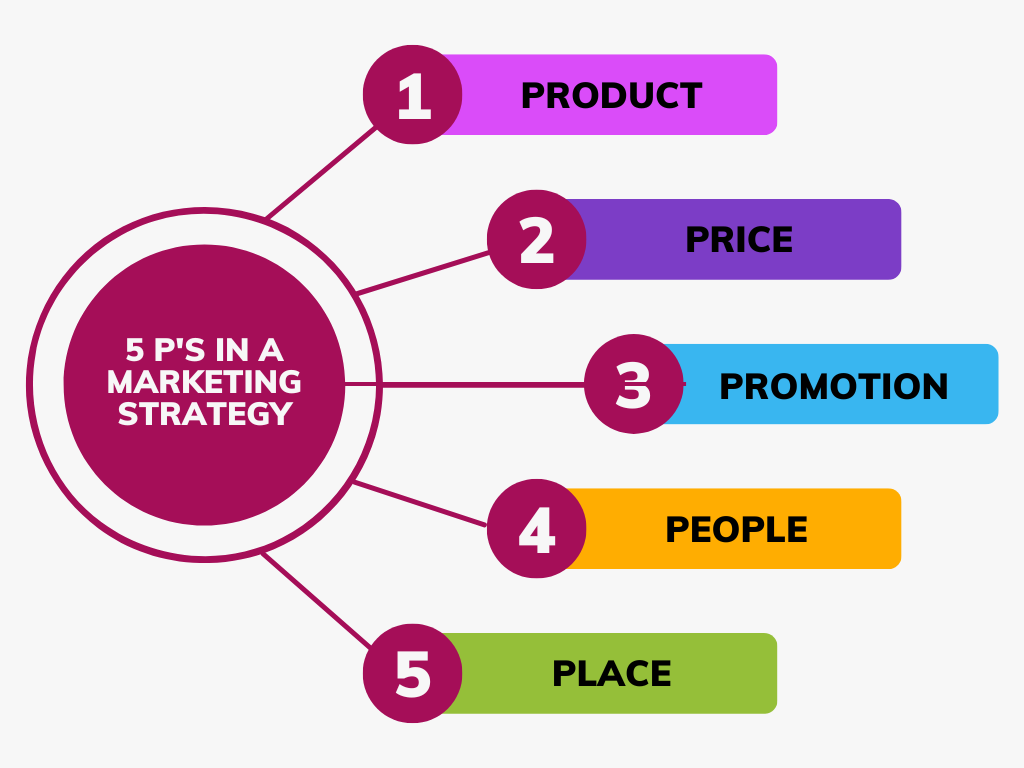“Planning and Marketing Strategies on Social Media Platforms”
In the modern digital marketing landscape, social media platforms have become a crucial focal point for engaging with the audience and enhancing brand presence. Planning and executing effective strategies on these platforms are vital for achieving marketing success. Let’s explore the significance of planning and how to design impactful marketing strategies to excel across social media platforms.

1. Understanding the Audience and Market Analysis:
Before designing any marketing strategy, understanding the target audience and analyzing market needs is essential. Utilizing data and analytics shapes strategies based on facts and trends.
2. Setting Goals and Vision:
Defining specific goals and having a clear vision guides marketing efforts. Whether it’s increasing engagement, raising awareness, or boosting sales, goal-setting directs the strategy effectively.
3. Choosing the Right Platforms:
Identifying the suitable social media platforms for the target audience. Each platform has its unique nature, and choosing the best fit for campaign goals is crucial.
4. Creating Inspirational and Engaging Content:
Crafting innovative and engaging content that captures the audience’s attention. Compelling stories, visuals, and videos enhance interaction and build a strong relationship with potential customers.
5. Interaction and Response:
Engaging with followers and responding to comments contribute to building effective communication. Allocating time for interaction, understanding subscribers’ needs, and addressing inquiries are essential.
6. Strategically Using Paid Advertising:
Strategically employing paid advertisements to enhance awareness and direct more potential followers towards crucial content.
7. Measurement and Performance Analysis:
Using data analysis tools to measure campaign performance and understand the effectiveness of the strategy. Analyzing results allows for adjusting the strategy for maximum success.
8. Innovation and Continuous Development:
Encouraging creativity and continuous development to maintain interaction strength and impact. Innovating ideas and renewing strategies ensure ongoing success.
By following and seamlessly integrating these steps, companies can achieve positive results on social media platforms and effectively enhance their marketing impact.
9. Integration of Innovative Technologies:
Embracing emerging technologies such as augmented reality and artificial intelligence can revolutionize social media marketing. These technologies provide unique and interactive experiences for users, setting campaigns apart.
10. Cross-Platform Consistency:
Maintaining consistency across different social media platforms is crucial for brand identity. Coherent messaging and visual elements contribute to building a strong and recognizable brand.
11. Community Building and Advocacy:
Focusing on community building fosters brand loyalty. Encourage user-generated content, create forums for discussions, and turn satisfied customers into brand advocates.
12. Trend Riding and Timely Content:
Staying attuned to current trends and creating timely content increases visibility. Capitalizing on viral trends can significantly boost engagement and broaden reach.
13. Diversity in Content Formats:
Experimenting with diverse content formats such as infographics, live videos, and polls keeps the audience engaged. Catering to different preferences ensures a well-rounded content strategy.
14. Social Listening:
Utilizing social listening tools to monitor online conversations and gather insights. Understanding what the audience is saying provides valuable feedback for adjusting strategies.
15. Crisis Management Planning:
Having a crisis management plan in place is crucial. Being prepared to address negative feedback or potential crises promptly helps maintain brand reputation.
16. Influencer Collaborations:
Leveraging influencer marketing to expand reach. Partnering with influencers relevant to the industry can provide access to new audiences.
17. Geo-Targeted Campaigns:
Implementing geo-targeted campaigns enhances relevance. Tailoring content to specific geographic locations improves resonance with local audiences.
18. Accessibility and Inclusivity:
Ensuring content is accessible to all users, including those with disabilities. Fostering inclusivity in campaigns contributes to a positive brand image.
19. Data Privacy and Compliance:
Adhering to data privacy regulations and ensuring compliance. Respecting users’ privacy builds trust and protects the brand from legal issues.
20. Regular Strategy Audits:
Conducting regular audits of social media strategies. Evaluating and adjusting strategies based on changing trends and audience behavior ensures continued success.
Incorporating these additional elements into social media marketing strategies creates a comprehensive approach, maximizing impact and fostering sustained success across diverse platforms.






